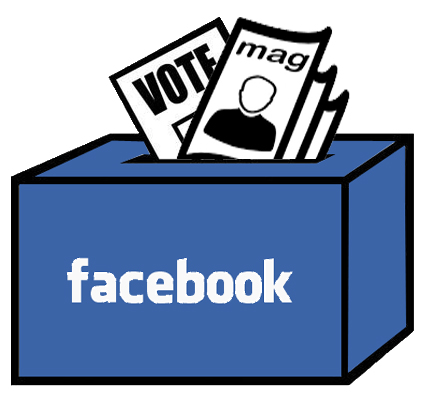 We’ve said it before – Mark Zuckerberg either doesn’t understand journalism or doesn’t care about its importance to our democratic society.
We’ve said it before – Mark Zuckerberg either doesn’t understand journalism or doesn’t care about its importance to our democratic society.
A bold statement? Sure. But just look at the dodgy way Facebook is ranking news outlet for trust to see that he just doesn’t get it – or chooses to ignore it.
Now comes another bombshell for publishers. According to Lucia Moses in Digiday, the social platform’s new ad policies basically lump news publishers under the umbrella of political advertisers.
“Facebook’s new ad-labeling policy has come under fire from publishers who are concerned that their news articles will be treated as political advocacy ads, and at least two — The Financial Times and New York Media — have suspended their paid media spending on Facebook in response to the policy,” Moses writes.
As she explains, Facebook is feeling the heat to stop the spread of garbage news and is desperately trying to figure out how to do that. In the process, they’ve managed to disrupt the paid social strategy for legitimate news publishers.
As Moses explains, “some news publishers spend on Facebook to spread awareness of their articles, and in the case of subscription-driven publishers, the hope is that some of that traffic will convert to paying readers.
“Industry association the News Media Alliance argued that the Facebook policy would label and archive paid news articles from publishers the same as political ads and asked for established news organizations to be exempt from the policy.”
Facebook execs say they recognize the problem, and are “committed to finding a way to distinguish news from non-news content in the archives, but didn’t give specifics or a timeline,” Moses continues.
For publishers that have been struggling with their organic reach and eking out a revenue stream on the platform, this is just one more blow.
“This issue hits everybody in the news business,” said David Chavern, president and CEO of the News Media Alliance. “They always have this divide and conquer instinct, especially when it comes to news publishers.”
“Suspending paid traffic activity isn’t without risk,” Moses rightly notes. “Publishers have been gradually getting less and less organic reach for their editorial content than they used to from Facebook. The trend intensified in January when Facebook said it would de-emphasize news posts in the news feed. But the platform is still a crucial source of traffic for them.”
It’s a mess. It’s getting messier. And it’s a slap in the face to journalism. It’s time to fix this.
